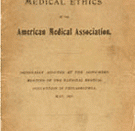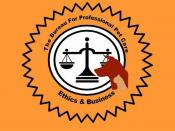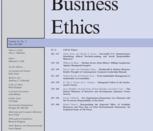Was the ethical dilemma that the company was involved in also illegal? If not, why should anyone within the company be concerned?
Ethically I do not believe MoniMed was in the wrong. Legally the company was not involved in any illegal interactions. I will outline the reasons below:
Mr. Grantz, CEO of MoniMed made the decision to withhold information from the company to prevent an employee exodus. Ethically Mr. Grantz withheld the information to protect what was left of the company in hopes the new staff could turn the bad fortune around. If employees knew the company wasn't do as well as they believed more problems may have occurred.
Legally the company did not have to share information with the employees. By law, MoniMed only had to share information with shareholders who acquired the stock. If the employees had received stock, information about the company's problems would have been exposed.
Mrs. Gallagher estimated the consequences of the company, and played the risks of her own uncertainty. If she would have researched the company more in depth, data of passed years could have shown the opportunity was not worth it. With little knowledge, Gallagher took the job at her own risk, believing she had the skill and ideas to build a profitable company.
What stance does the company take as far as its social responsibility? What evidence exists to support the answer to this question?
MoniMed did not follow its obligation towards society and practiced no social responsibilities to its employees and shareholders. The following examples are compared to, The Pyramid of Corporate Social Responsibility: (Carroll, 1991).
The vertex, Voluntary responsibilities; define a company to be a good corporate citizen, which contributes resources to the community and improves the quality of life. (site) In the end, MoniMed did contribute to...


